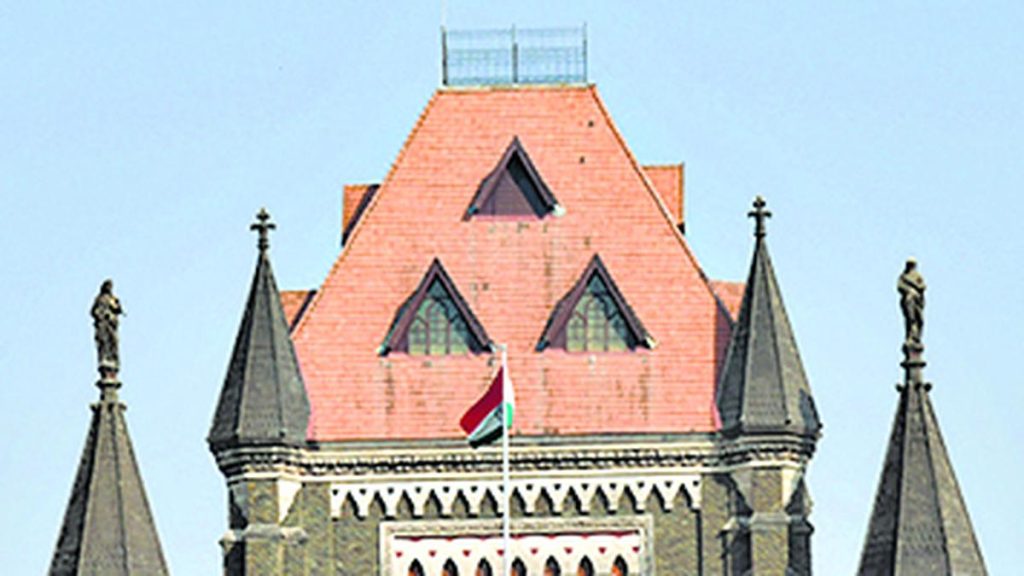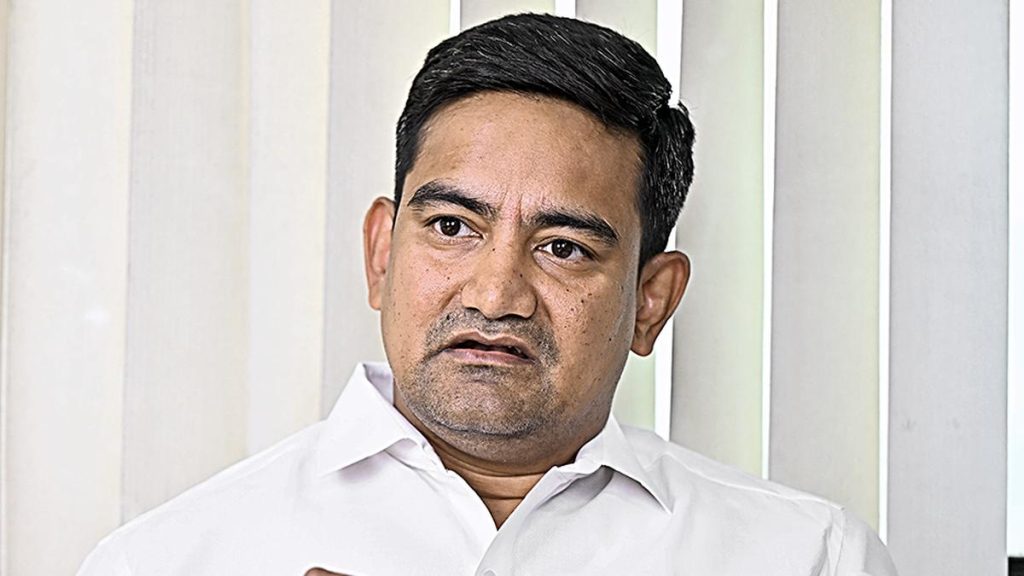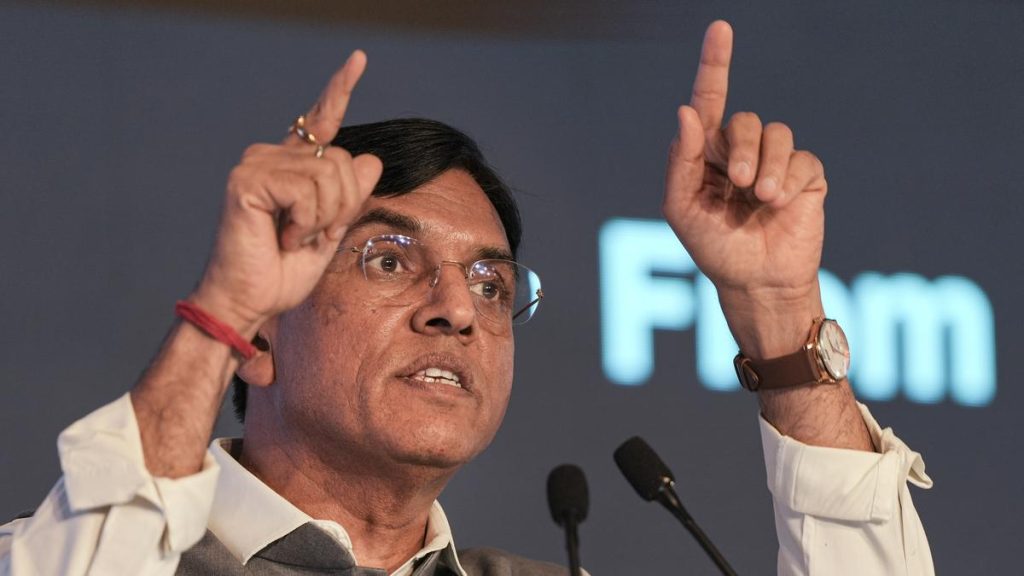Now Reading: Govt Eases Promotion Rules for Medical College Professors
-
01
Govt Eases Promotion Rules for Medical College Professors
Govt Eases Promotion Rules for Medical College Professors

Rapid Summary:
- Faculty Shortage solution: Andhra Pradesh State goverment has approved a one-time relaxation in minimum qualifications for promotions from associate professor to professor in government medical colleges.
- Eligibility Changes: Associate professors with one year of teaching experience, rather of the usual three years, can now be promoted to professor roles.
- Purpose of Reform: The move aims to fill existing vacancies adn secure National Medical Commission (NMC) approval needed for opening admissions in new government medical colleges during the academic year 2025-26.
- Affected Colleges: Vacant positions exist at Vizianagaram, Paderu, Rajamahendravaram, Eluru, machilipatnam, and Nandyal campuses.
- Contract Recruitment Deferred: Health Minister Satya Kumar Yadav directed delaying recruitment on a contract basis until promotions under the revised criteria are completed. Contractual hiring will proceed only if required afterward.
- Opposition to Policy: A.P. Government Doctors’ Association has opposed contract-based recruitment and urged reconsideration of the decision. They claim this deprives senior doctors of long-awaited promotion opportunities.
Indian Opinion Analysis:
The state government’s decision reflects an urgent attempt to address alarming faculty shortages in its medical colleges. This issue is critical as meeting NMC standards is essential for operationalizing newly established institutions and ensuring that quality healthcare education continues uninterrupted. While streamlining promotions can expedite filling key posts, it risks bypassing experienced senior professionals who have waited their turn under traditional qualification criteria.
Additionally, deferring contractual faculty appointments should temporarily ease concerns among healthcare professionals who view this approach as unfair competition against institutional loyalty. However, long-term reliance on relaxed norms or compromised merit may have implications for maintaining high educational standards within government-run institutions-especially crucial considering their role in bolstering India’s public health infrastructure.
The unfolding controversy between policymakers and stakeholders like the A.P. Government Doctors’ Association highlights broader tensions between expediency and equitable career progression within healthcare services-a dynamic worth monitoring closely as reforms take shape.























